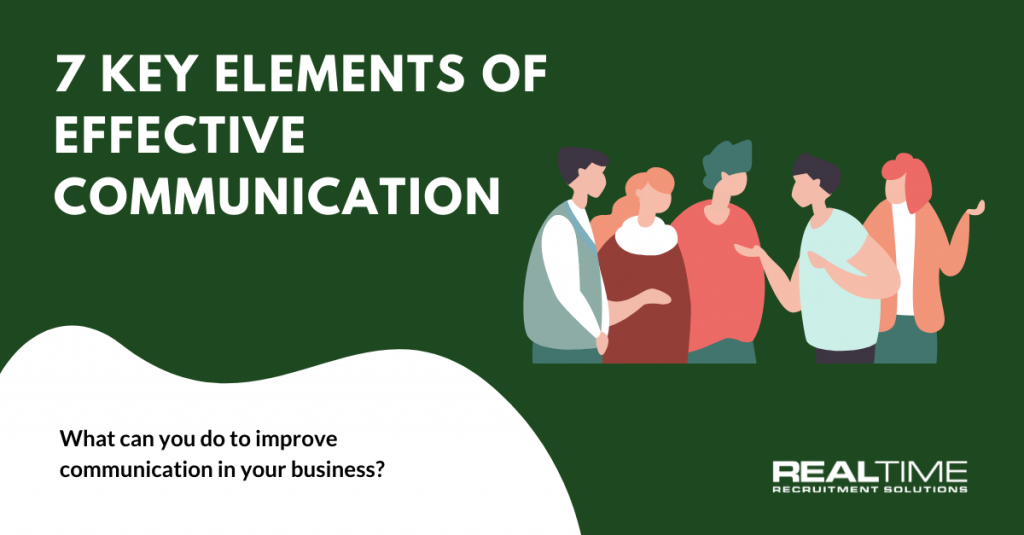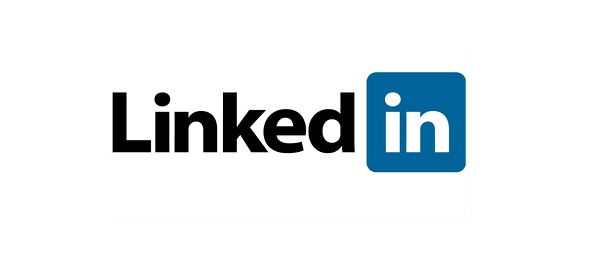
7 Key Elements of Effective Communication
Many of the disputes in workplaces could be avoided with effective communication. Communication, when done well, can also help with a whole host of other issues, and can employees’ wellbeing, feeling of value and – leading on from this – increase staff retention.
What can you do to improve communication in your business? Use these 7 pillars of communication to ensure that your message is being delivered clearly and effectively each time.
1. Empathy
Empathy is a skill that all leaders in your business should have. Delivering your message having first considered not only how it affects those who are receiving it, but also what is the best way to deliver that message to that group of people, will significantly help your communication efforts. This is also particularly relevant in conversations where you don’t agree with what the other person is saying – seeing things from their point of view will help you to understand where they are coming from and where points of mutual agreement might occur.
2. Listening
It is easy to consider communication as the way in which you speak to people, but just as important is the way that you listen to others. Creating an environment where people are comfortable and able to speak up and share concerns is extremely valuable.
3. Clarity
Before you deliver a message, take a few seconds to consider what you want to say. Clear, concise messages are easiest for others to understand, and ensure that you get your point across without causing confusion.
4. Non-Verbal Communication
Over 90% of our communication comes from the things we don’t say, so it’s really important to get your body language right. Try to maintain an open, relaxed stance and maintain eye-contact without staring for too long.
5. Be Personable
Even when you are communicating in a business environment, it is beneficial to be personable – particularly with junior members of staff. People want to be treated like people, so take some time to ask a question about them.
6. Respect
It goes without saying that respect is vital for any conversation in the workplace, but how can you make sure that you are always being respectful? Use the other person’s name, stay focused on the conversation and ensure that you are listening actively to responses.
7. Medium
Some messages are best conveyed by email, others by a phone call, still others by a face-to-face meeting. Consider which medium will be best for the message that you are delivering – not which medium you prefer to use. An email can be easily misconstrued, but a face-to-face meeting could cause unnecessary anxiety.
Remember, the time that you take to ensure that you are communicating effectively will always be worth it.









